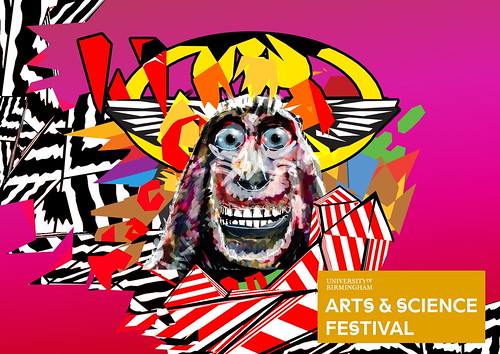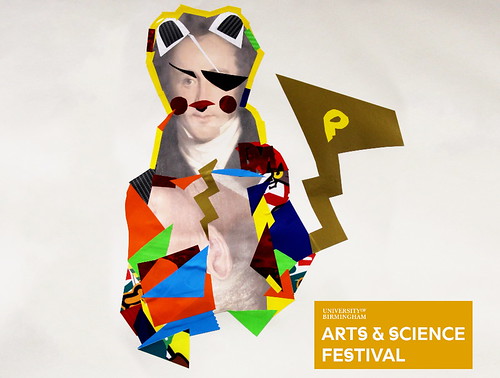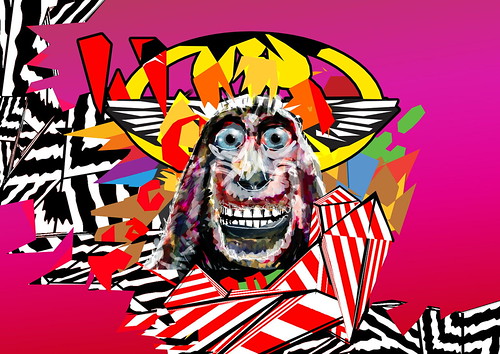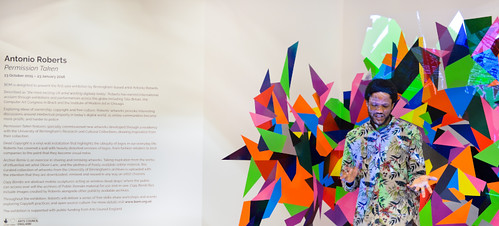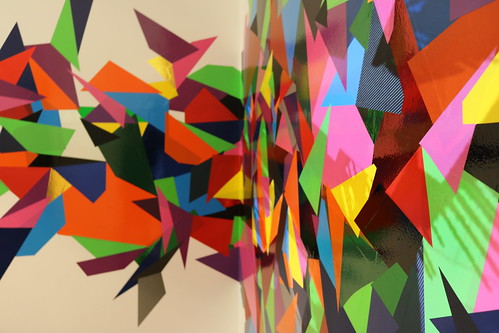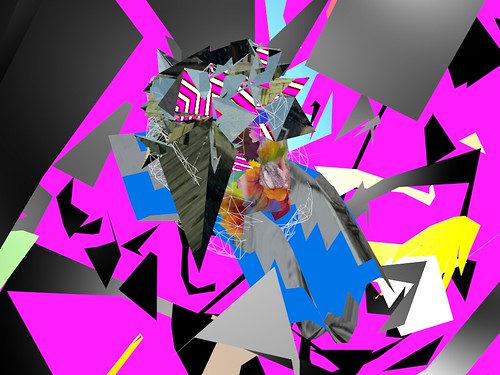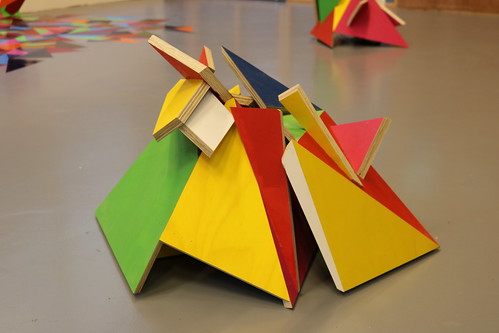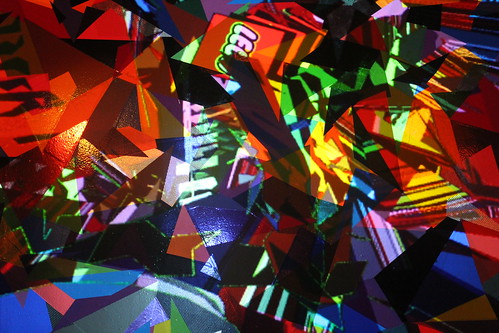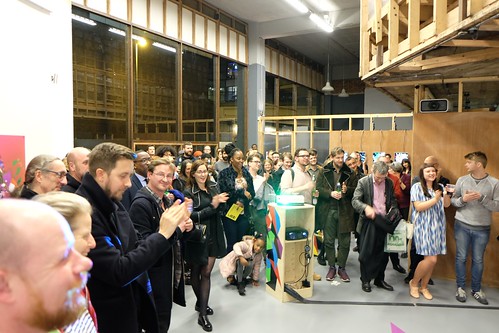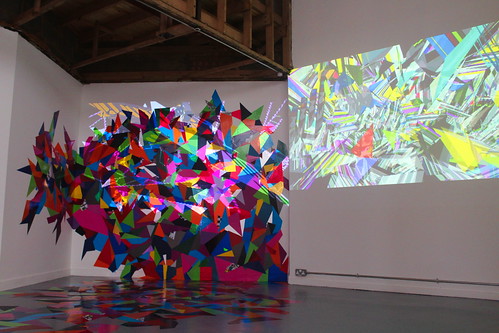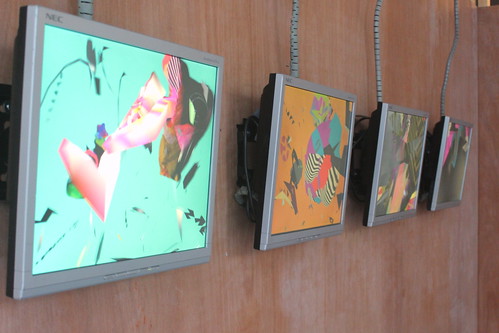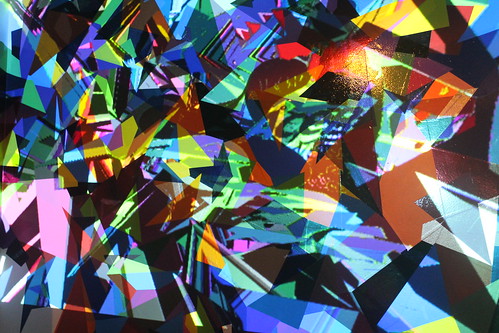Free, booking essential
This event will take place on Zoom
The Social is our bi-monthly advice and networking session for photographers, where participants are encouraged to network and join the conversation. Deliberately informal, each event includes two presentations by photography professionals, who offer tips or advice on the chosen theme, with a short break in between for socialising.
This online version of The Social addresses the topic of Copyleft. Wikipedia describes copyright as “a strategy of utilizing copyright law to pursue the policy goal of fostering and encouraging the equal and inalienable right to copy, share, modify and improve creative works of authorship”. Artist and curator Antonio Roberts will be joined by researcher Jonathan Worth in this session that offers information and tips on alternatives to copyright.
Antonio Roberts is an artist and curator based in Birmingham, UK. His practices explore what ownership and authorship mean in an age impacted by digital technology.
Jonathan Worth is a former editorial photographer and a teacher and senior researcher at Open Lab, Newcastle University.
Please note: Bookings for The Social will close at 17.00 (BST) on 28 May. Once you have made a booking, you will be sent a link to join the session. Please check your junkmail if you fail to receive the link to your inbox.

